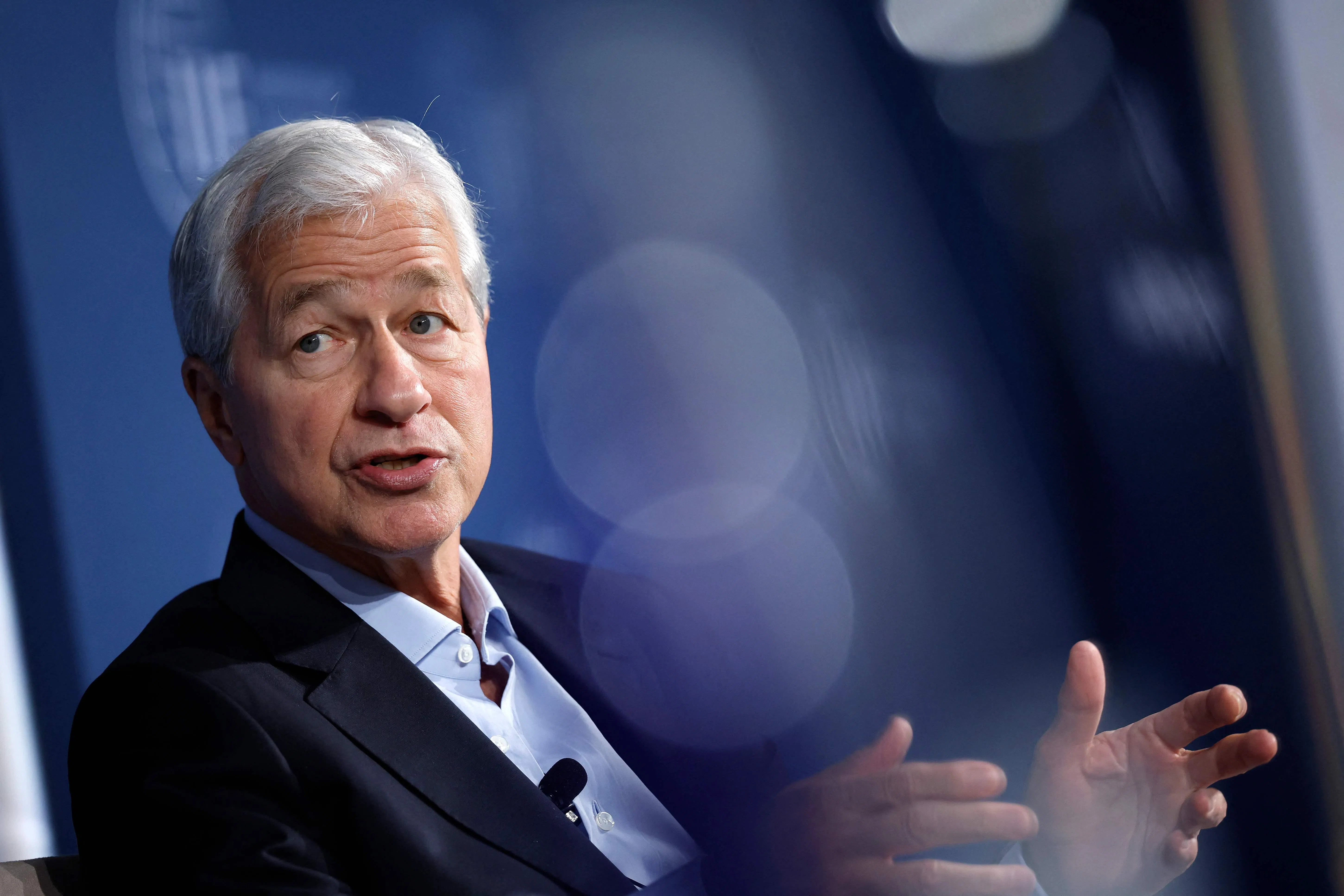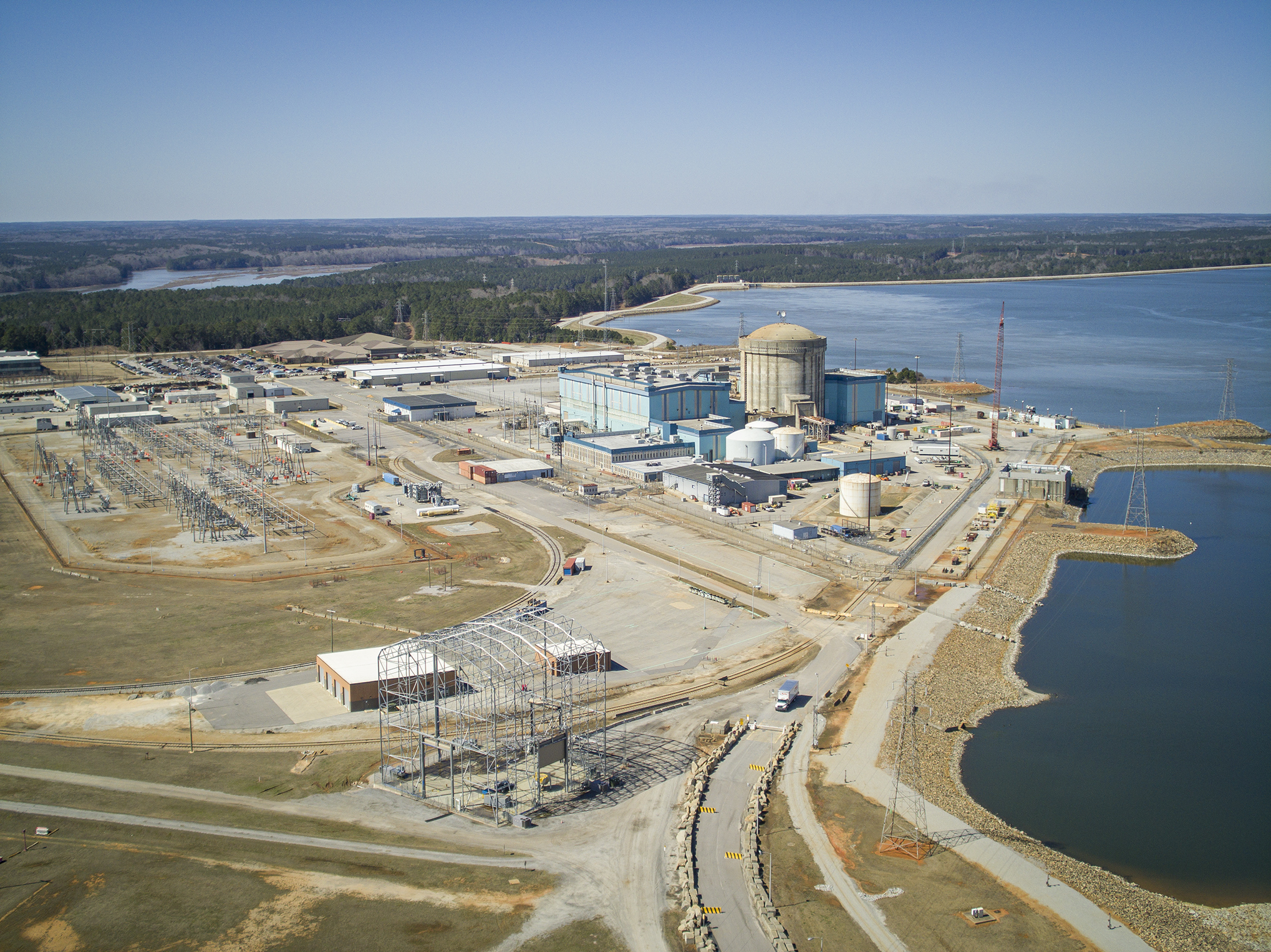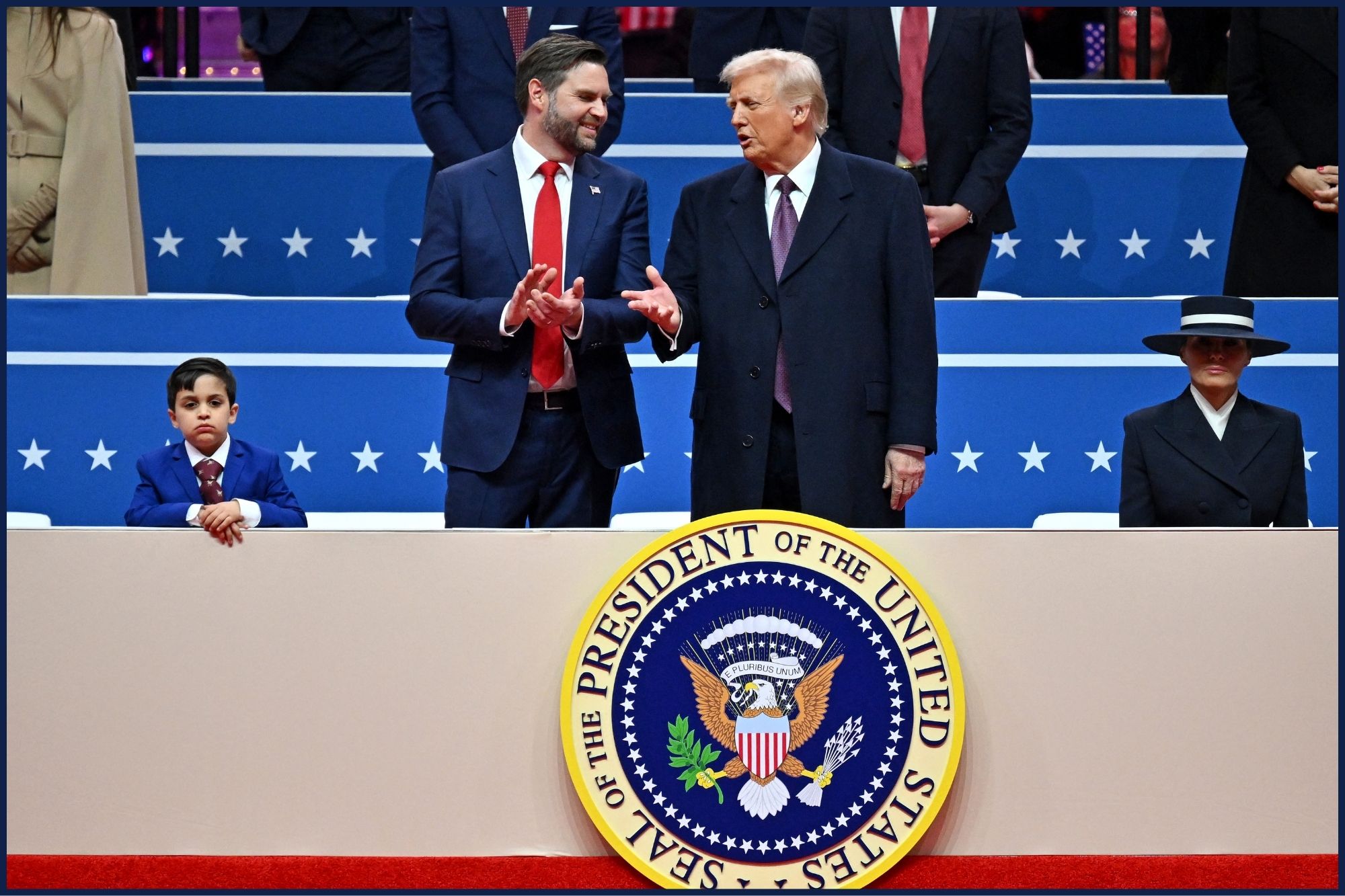JPMORGAN Chase’s dealmakers are spending their time in the Swiss Alps huddling with ebullient clients, but the boss of the biggest US bank is striking a more cautious tone. JPMorgan’s chief executive officer Jamie Dimon said there are signs that the US stock market is overheated.
“Asset prices are kind of inflated” in the US stock market, chief executive officer Jamie Dimon said in a CNBC interview on Wednesday (Jan 22) from the World Economic Forum in Davos, Switzerland. “You need fairly good outcomes to justify those prices, and we’re all hoping for that. I think having pro-growth strategies helps make that happen, but there are negatives out there and they can tend to surprise you.”
His remarks came hours after Filippo Gori, the bank’s co-head of global banking, described a “sense of euphoria” among clients in an interview from the annual gathering. He added that the new administration “has clearly brought the animal spirits back to the market.” Daniel Pinto, JPMorgan’s outgoing president, said on Wednesday on Bloomberg Television that the US economy is in a good place, though inflation and geopolitics could derail the optimism.
The bankers’ remarks come on the third day of Donald Trump’s second presidential term, and Wall Street has embraced the return of Trump, who finance executives see as more business-friendly and growth-oriented than his predecessor. Dimon said after the election in November that many bankers were “dancing in the street.” The S&P 500 index has climbed 4.6 per cent since Trump was elected.
Dimon reiterated that he remains cautious about global deficit spending, the potential for persistent inflation and geopolitical issues. On deficits, he added that growth is “the only real solution” to reduce them.
The longtime JPMorgan CEO said earlier this month that he was not surprised that Trump won the US presidential election. In an interview from the World Economic Forum last year, Dimon said that Trump was “kind of right” on some issues.
BT in your inbox
Start and end each day with the latest news stories and analyses delivered straight to your inbox.
“I was really just trying to make the point of, respect the voter,” Dimon said on Wednesday of his remarks last year. “The problem with putting a voter in a box is a voter may be voting for some completely different reasons than you think or I think or something like that, and respect why they may have grievances or angers.”
In the wide-ranging interview, Dimon also touched on billionaire Elon Musk and the government-efficiency effort he’s set to run. Dimon said he and Musk have “settled some of our differences” and he wishes the panel the best.
“I think it is completely rational for someone to look at our government and say it’s been ineffective,” Dimon said. “Government needs to be more accountable, it needs to be more efficient, it should be outcomes-based.”
JPMorgan shuffled its top ranks last week, less than a year after its last major shakeup. Pinto, who has been president and chief operating officer of the firm for about three years, will retire at the end of next year. Longtime executive Jenn Piepszak was named Pinto’s replacement as COO, though she ruled herself out as a potential successor to Dimon when he eventually retires.
That put the spotlight on three executives: Marianne Lake, who runs the firm’s consumer arm, and commercial and investment bank co-heads Troy Rohrbaugh and Doug Petno. Dimon has been CEO of JPMorgan for almost 20 years, and the succession question has long been a hot topic on Wall Street. Dimon said last week that his base case is to stay a few more years.
“Daniel leaving leaves a vacuum, but that’s good because now other people have filled that vacuum,” Dimon said Wednesday.
Pinto said on Wednesday that it is the right time to embrace the new generation at JPMorgan. He also said he feels good about his firm’s ability to compete with private credit, which has boomed in recent years, but that the sector’s financing of smaller businesses warrants attention.
“There is a lot of direct lending going into the smaller side of middle markets,” Pinto said. “How these funds are going to behave in a downturn with small businesses is something you want to be concerned about it, you want to keep an eye on.” BLOOMBERG







